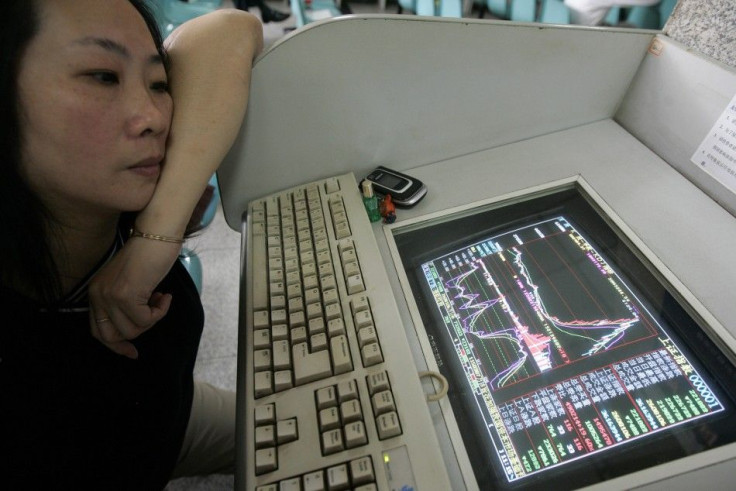Software Industry: A Bubble About to Pop?

A leading venture capital star says that a changing set of valuation expectations could be the prick that pops the software industry bubble.
The founder of OpenView Venture Partners, Scott Maxwell, writes in his peHUB column that the more today's software industry valuations depend on tremendous future expectations, the more unstable those valuations will be. A small change in expectations, perhaps based on not living up to them, can lead to a tremendous drop in valuations, he says.
I think that this is the situation today. Simply stated, it is a bubble, at least in certain sectors of the private investing markets. It may continue feeding itself for months or even years, but at some point it will deflate or pop. There may be a few great winners, but there will definitely be many unhappy losers. What prick will pop the bubble? The prick that changes the future expectations of the group that's currently investing in those future expectations, says Maxwell.
A veteran investor in Silicon Valley, Maxwell says that in the late 1990s, he heard a lot of dot-com mantras like it is a land grab, get big fast, and get eyeballs. What began as investing based on the bottom line (net income or free cash flow), he said, slowly shifted into investing based on the top line (revenue, bookings, or billings), then shifted more into investing based on eyeballs (visitors or page views). It shifted further into projected eyeball growth before several pricks popped the bubble and investors shifted relatively quickly back to bottom line some level of top line investing, he said.
This time around, it's 'Web 2.0' instead of 'dotcom' and 'user' rather than 'eyeballs.' But it's still investing based on tremendous projections and hope for what is going to happen in the future. The logic goes something like this: We will have a lot more users in the future that will turn into revenue based (many times) on a to-be-determined model and a lot of that revenue will drop to the bottom line, said Maxwell.
Software is eating the old world, and there are a lot of good reasons for everyone to consider participating in this new world, according to Maxwell. But he reminds readers that even great companies and industries can be overvalued - sometimes considerably. Valuation is only rational, he said, if the organization can eventually become valuable from a bottom line perspective that supports the valuations plus the return the investors need. I believe that there is significant risk in this happening with many of the private market valuations today, said Maxwell.
Many of the current leading social media companies (Facebook, LinkedIn, Twitter) are doing great partly by eating the prior generation of social media companies, according to Maxwell. Yes, there has been incredible market growth as well, but my point is that the prior generation has stalled growth or is wilting on the vine due to new, innovative competitors. If the past is a predictor of the future, won't the next generation of companies come along and eat the current generation too? Perhaps even before some of them ever get to a positive bottom line? he said.
© Copyright IBTimes 2024. All rights reserved.





















